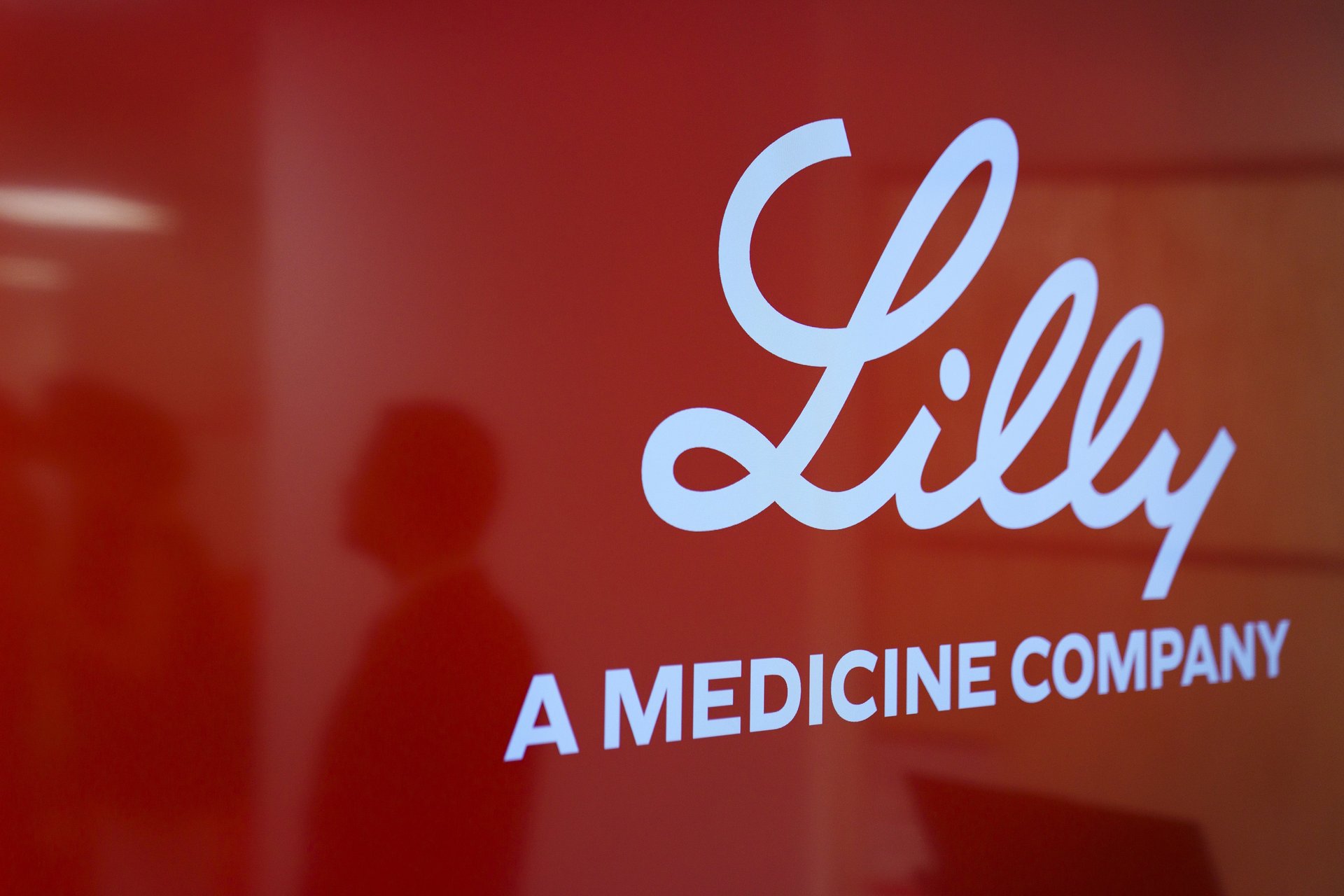Eli Lilly comes for knockoff weight loss drugs in new ad campaign
Eli Lilly launched a new ad campaign warning consumers about off-brand versions of its drugs

Eli Lilly (LLY), the maker of the blockbuster weight-loss drug Zepbound, launched a new advertising campaign on Friday warning patients about off-brand versions of its treatments, saying “they put people at risk.”
Suggested Reading
The campaign, titled “Healthy Skepticism,” will appear in print ads in select national newspapers and a video version is already live on the pharma giant’s website.
Related Content
The video ad takes aim at knockoff versions of Eli Lilly’s patented treatments — even when they’re recommended by friends, family, or “your favorite podcast.” The ad ends with text stating that real, tested, and federally approved medicine doesn’t require “faith.” It urges the viewer to be “a healthy skeptic.”
The campaign comes as Eli Lilly steps up its crackdown on unauthorized versions of its weight-loss drugs and as Zepbound emerges from a prolonged stint on the FDA’s drug-shortage list.
Zepbound belongs to a popular class of medications known as GLP-1 drugs, which also includes Novo Nordisk’s (NVO) Ozempic and Wegovy. These drugs have been in short supply since 2022. That designation allowed pharmacies, telehealth companies, and other providers to sell compounded versions of the patented drugs, which are customized formulations of approved medications.
Under normal circumstances, the Food, Drug, and Cosmetic Act prohibits compounding drugs that are identical to commercially available medications. However, when a drug is officially in shortage, the U.S. Food and Drug Administration (FDA) no longer considers it “commercially available,” creating a temporary loophole for compounders.
Now, that loophole is closing. The FDA recently declared the shortages of Zepbound, Ozempic, and Wegovy over — meaning companies that have been selling off-brand versions will soon have to stop.
In December, the agency also warned that it has “identified some areas of concern for compounded GLP-1 drugs.” It alerted consumers that compounded medications “do not undergo FDA’s review for safety, effectiveness and quality before they are marketed.”
But the fight isn’t over, yet. A group representing compounding pharmacies has filed two lawsuits against the FDA over its decision to remove the medications from its shortage list. The Outsourcing Facility Association (OFA) argues that the agency is ignoring evidence that shortages persist and claims its decision will prevent patients from accessing medicine they need. Some doctors have come out in support of compounded versions of GLP-1 drugs.
Eli Lilly has asked to join one of the lawsuits to protect its interests. The pharma giant’s stock price has risen more than 50% since the FDA approved Zepbound on Nov. 8, 2023 — to around $905 per share, driving its market cap north of $800 billion.
Eli Lilly’s ad campaign follows a Super Bowl commercial from the millennial-focused telehealth company Hims & Hers (HIMS) that criticized the high price of branded weight-loss drugs.
“Welcome to weight loss in America — a $160 billion industry that feeds on our failure,” a narrator says in the ad. “There are medications that work — but they are priced for profits, not patients.” Hims & Hers did not immediately respond to a request for comment on Eli Lilly’s new campaign.
Hims & Hers profited significantly last year by selling a compounded version of Ozempic. But with the drug’s shortage declared over, the company will soon have to halt sales of its cheaper alternative.
“We agree that medications and treatments that do not focus on the quality and safety of patients have no place in our supply chain,” Hims & Hers said in an emailed statement to Quartz. “But let’s also be honest with the American people—patients should come before profits, backroom politics, and anticompetitive scare tactics. We take safety and quality seriously for every customer on our platform.”